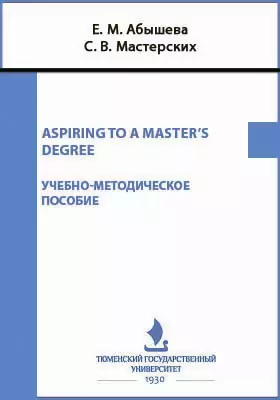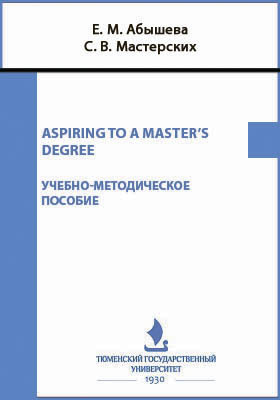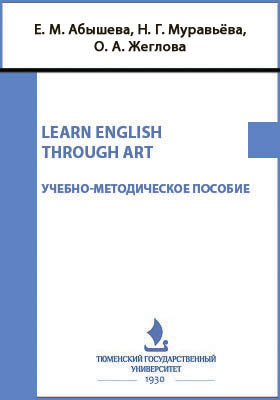Aspiring to a master’s degree : учебно-методическое пособие по дисциплине Деловой иностранный язык (английский) для магистрантов 1 курса педагогических направлений очной и заочной форм обучения
Автор: Е. Абышева, С. Мастерских
Форматы: PDF
Издательство: Тюменский государственный университет
Год: 2016
Место издания: Тюмень
Страниц: 58
Артикул: 74267
Возрастная маркировка: 16+
Краткая аннотация книги "Aspiring to a master’s degree"
Данное учебно-методическое пособие предназначено для магистрантов 1 курса педагогических направлений и нацелено на развитие иноязычной профессиональной компетенции в соответствии с требованиями рабочей программы по указанной дисциплине. Пособие включает в себя тексты профессионального характера и задания к ним, направленные на развитие навыков коммуникации и расширения информационного профессионального пространства.
Содержание книги "Aspiring to a master’s degree"
PART I. READING AND SPEAKING
UNIT 1. Lifelong learning
UNIT 2. The Bologna Process
UNIT 3. Foreign Languages in the Era of Globalization
UNIT 4. Cross-Cultural Communication
UNIT 5. Russia in Global Educational Policy
UNIT 6. Educational Policy in the United Kingdom
UNIT 7. Educational Policy in the United States
PART II. WRITING
UNIT 1. Formal Letters
UNIT 2. CVs
UNIT 3. Reporting and Designing Surveys
UNIT 4. Comparison Essay
UNIT 5. Discussion Essay
UNIT 6. Writing Tests
Все отзывы о книге Aspiring to a master’s degree : учебно-методическое пособие по дисциплине Деловой иностранный язык (английский) для магистрантов 1 курса педагогических направлений очной и заочной форм обучения
Отрывок из книги Aspiring to a master’s degree : учебно-методическое пособие по дисциплине Деловой иностранный язык (английский) для магистрантов 1 курса педагогических направлений очной и заочной форм обучения
28 UNIT 6 EDUCATIONAL POLICY IN THE UNITED KINGDOM TEXT 1 Throughout the post-war period there have been many attempts to reform the UK education system. Let’s review empirical evidence looking at the impact of some key reforms which were designed to address a number of specific problems in the UK education system, namely poor and apparently falling standards in schools, the low staying on rate at age 16, the relatively poor basic skills of the UK population and persistent inequalities in Higher Education. A major concern in the 1980s was that the staying on rate in the UK, although rising, was low by international standards. Furthermore, exam achievement at age 16 had stagnated. This led to widespread concerns about falling standards in schools. In response the Conservative governments of the 1980s and 1990s introduced a number of market mechanisms into the UK education system, including parental choice, parent representation on governing bodies and linking school funding with student enrolment numbers. Alongside this publicly available test score information was made available with which parents could compare the performance of one school with another. These reforms were designed with an explicit aim to improve pupil achievement. They did, however, raise concerns about increased inequalities in schools. The empirical evidence on the impact of these reforms is patchy. Certainly staying on rates rose for all students and the gap in staying on rates between lower and higher socio-economic group students actually narrowed somewhat after the introduction of these reforms. The evidence on the impact of the reforms on pupil performance however is more mixed. At best it suggests only very limited positive effects of choice and competition on pupil achievement. The second area of concern to policymakers has been the poor basic skills of the UK population, relative to other countries, particularly amongst younger workers. In response the government introduced a st...
С книгой "Aspiring to a master’s degree" читают
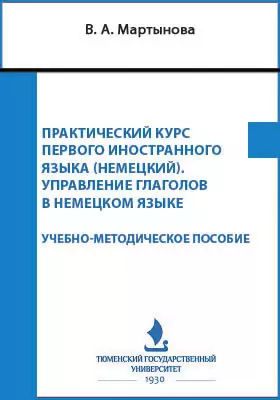
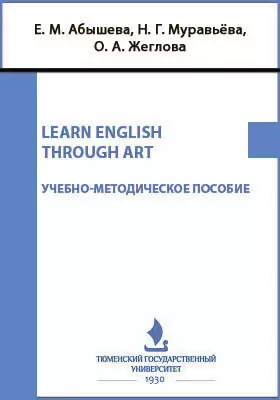
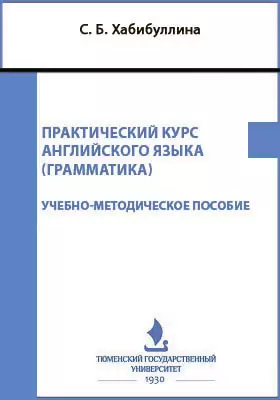
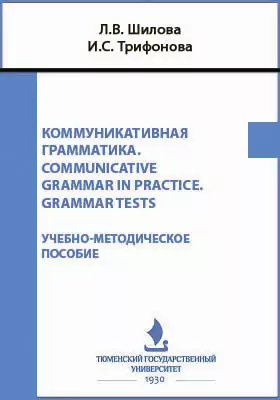
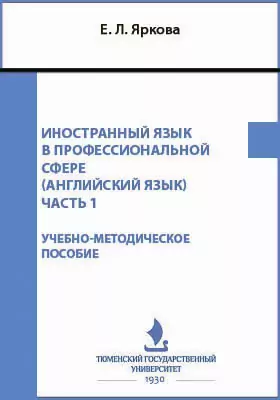
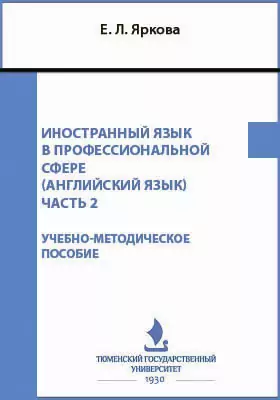
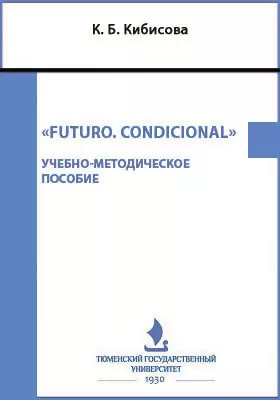
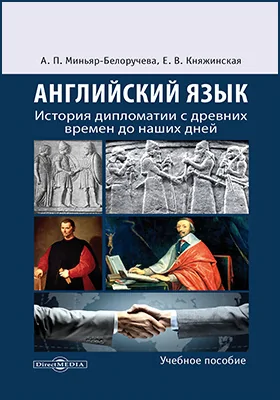
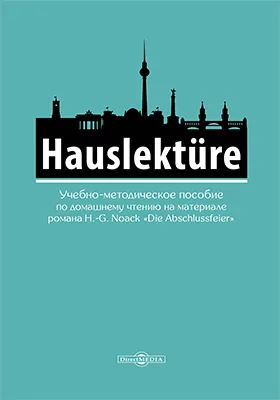






Бестселлеры нон-фикшн





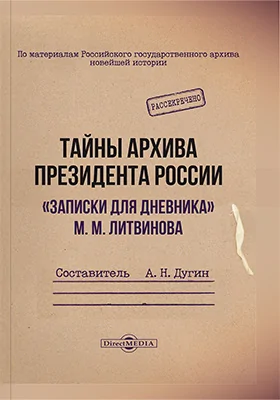


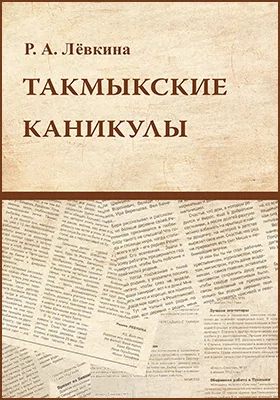
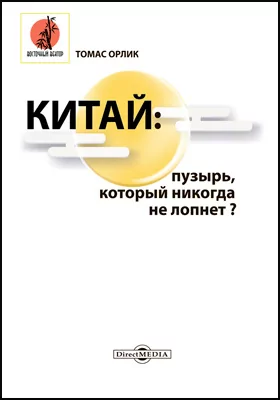



Новинки книги нон-фикшн

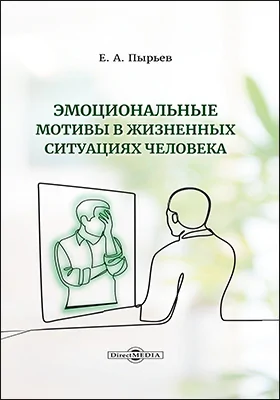








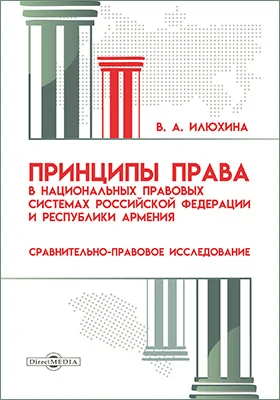

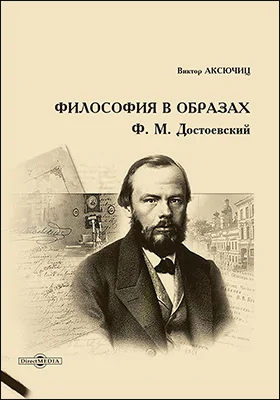
Абышева Е. М. другие книги автора
и мы свяжемся с вами в течение 15 минут
за оставленную заявку

